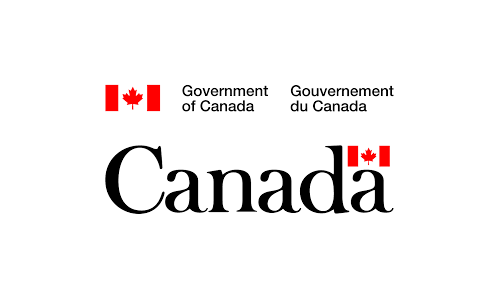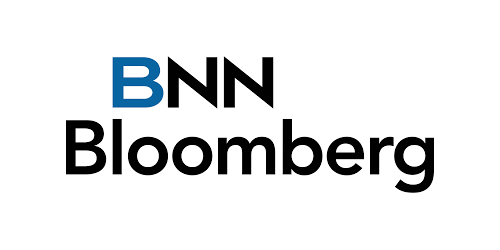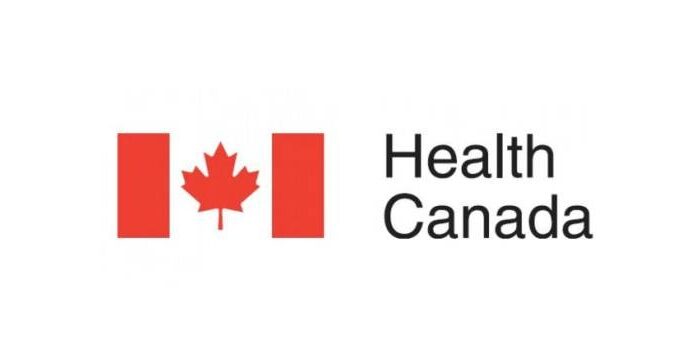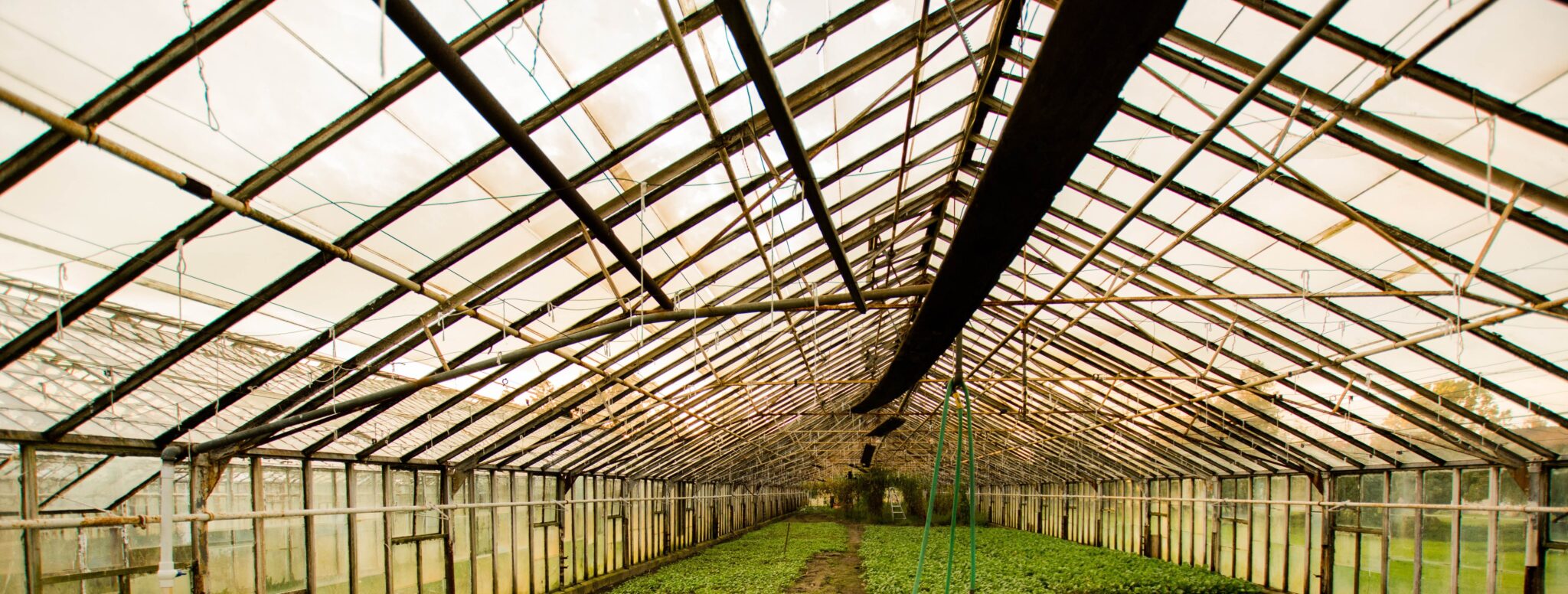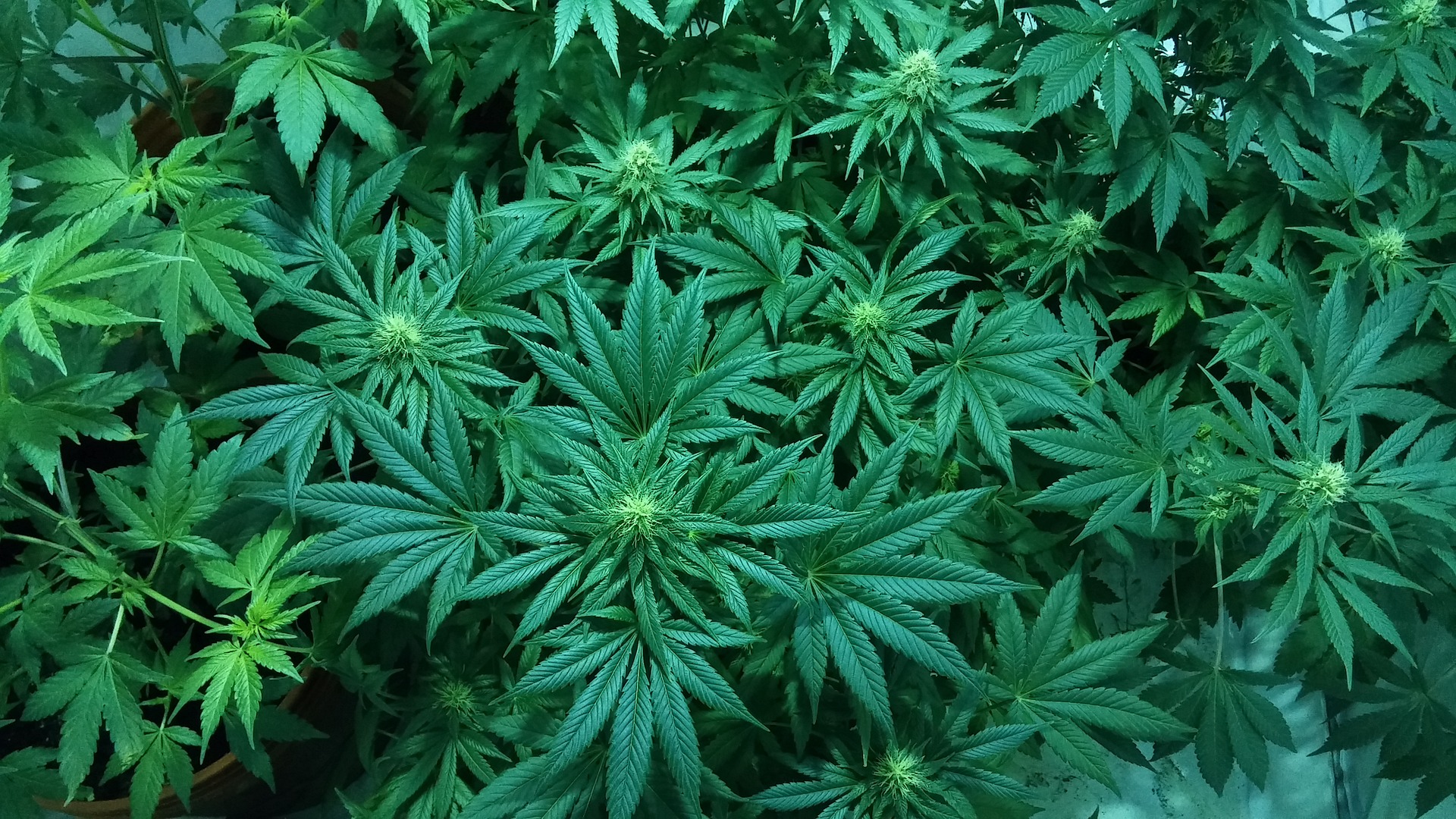Government of Canada Launches Cannabis Act Review

On September 22, 2022, the Government of Canada announced the launch of a legislative review of the Cannabis Act.
The announcement stated, “Parliamentarians recognized the need for an early assessment of the Government’s new approach to cannabis control, and included a provision requiring a review in the Act. The review will help ensure that the Act adapts to the current situation and continues to meet Canadians needs and expectations.”
An independent panel of experts will lead what is being called a credible and inclusive review. “The Panel will provide independent, expert advice to both Ministers on progress made towards achieving the Act’s objectives, and will help identify priority areas for improving the functioning of the legislation.”
In conjunction with the legislative review, an online engagement process has been launched.
All Canadians are invited to read Taking Stock of Progress: Cannabis Legalization and Regulation in Canada.
Canadians are also encouraged to share their views via the online questionnaire or through written feedback until November 21, 2022.
Take the survey here: https://ca1se.voxco.com/SE/?st=3KoT2Xgsv4uHJF2%2F0i%2F7oo5IS3ATejUCjIjdJ4lUsME%3D&lang=en
You can also read the original announcement on the Government of Canada website.
Micro licences take off in Quebec

According to a recent post at the cannabis news website, Stratcann, Quebec has seen more new micro licences in 2022 than any other province so far this year.
The CEO of the Association québécoise de l’industrie du cannabis (AQIC), Pierre Leclerc, says believes the recent increase may be a reflection of the maturing market.
“I think Quebec entrepreneurs sat back a little and watched how the market would play out… building a business model around the micro licence production is something that makes sense in Quebec.”
Read the full article here: https://stratcann.com/news/micro-licences-taking-off-in-quebec/
For more information on how AirMed supports micro growers and processors, visit our Software page.
Canadian Greenhouse Conference 2022: Oct 5-6 Niagara Falls
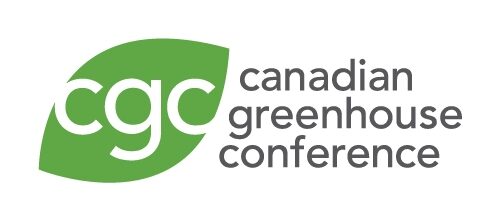
As Canada’s foremost event for commercial greenhouse flower, vegetable, cannabis, berry and nursery growers, the Canadian Greenhouse Conference is the ultimate connection point for growers, suppliers and research partners.
The 2022 Canadian Greenhouse Conference will take place in-person at the Niagara Falls Convention Centre in Niagara Falls, Ontario on October 5 and 6.
The CGC is excited to continue its 40-year tradition of supporting professional Canadian growers; offering two days of informative, motivating sessions and a large trade show featuring 200+ exhibitors.
For more information visit: https://www.canadiangreenhouseconference.com/
Canadian cannabis sales projected to double over next five years
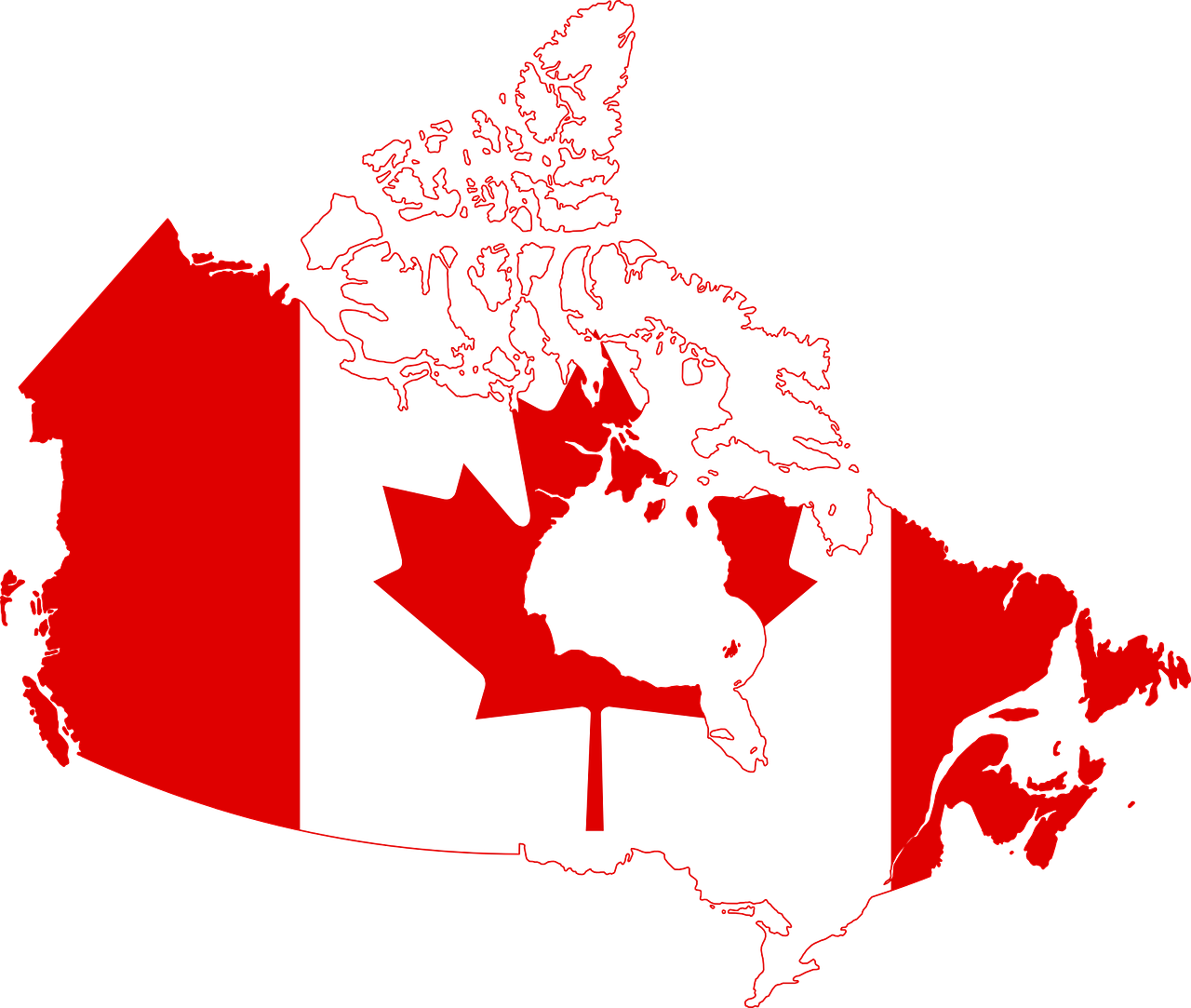
A “Cannabis Canada Weekly” column published on BNN Bloomberg in March 2022 reports that Canadian cannabis sales are expected to double to $8.8B over next five years.
The article refers to a report published by the market researchers at Brightfield Group and notes, “The pace of sales in Canada’s cannabis market may be slowing down, but it is still expected to double over the next five years, according to a new report.”
Read the article by visiting BNN Bloomberg: https://www.bnnbloomberg.ca/cannabis-canada-weekly-market-expected-to-double-by-2027-pot-stocks-up-on-u-s-legalization-hopes-1.1743189
Health Canada authorizing dried and fresh cannabis sales to licensees

Beginning April 19, 2022, existing holders of micro and standard cannabis licenses in Canada will be granted authorization to sell dried and fresh cannabis products. A notification went out to existing license holders at the end of March that this regulatory change will allow them to sell dried or fresh cannabis products to provincial wholesalers. Prior to this, a sales amendment was required to sell those products.
“Initial licensing came with sales conditions, and the amendment application process could take months,” said Justin Hearn, president and CEO of AirMed Canada Systems, “These changes are designed to reduce the regulatory burden for licensees and help them get their products to market more quickly. We expect this to be especially significant for our micro clients who want to carry out farmgate sales.”
Health Canada will automatically reissue licenses with amended conditions over the next three months. Those who had already applied for an amendment for dried and fresh cannabis sales will be prioritized in the process. Following the regulations, licensees will still need to submit a Notification of New Cannabis Product (NNCP) 60 days in advance of the sale of any new product.
This modification to the license program has been implemented as part of Health Canada’s efforts to improve the cannabis licensing process. According to the notification, “The decision is based on the lower risk associated with producing dried and fresh cannabis products.”
Note that the change applies only to dried and fresh cannabis products. Other products, such as edibles and vape cartridges, are not included in the sales amendment. Licensees planning to sell those products must still apply to Health Canada for a sales amendment.
“While these changes do not apply to the sale of extracts and edibles, it is certainly a step in the right direction,” said Hearn. “We expect edibles and extracts to play a significant role in cannabis sales in the future and have already added support in AirMed for these classes of cannabis.”
For more information about cannabis in Canada, visit: https://www.canada.ca/en/services/health/campaigns/cannabis/industry.html
For information on how AirMed manages the sale of cannabis products for licensees, visit: https://airmedcloud.com/software/#sell
Report says Cannabis Contributed $43.5 Billion to Canada’s GDP since legalization
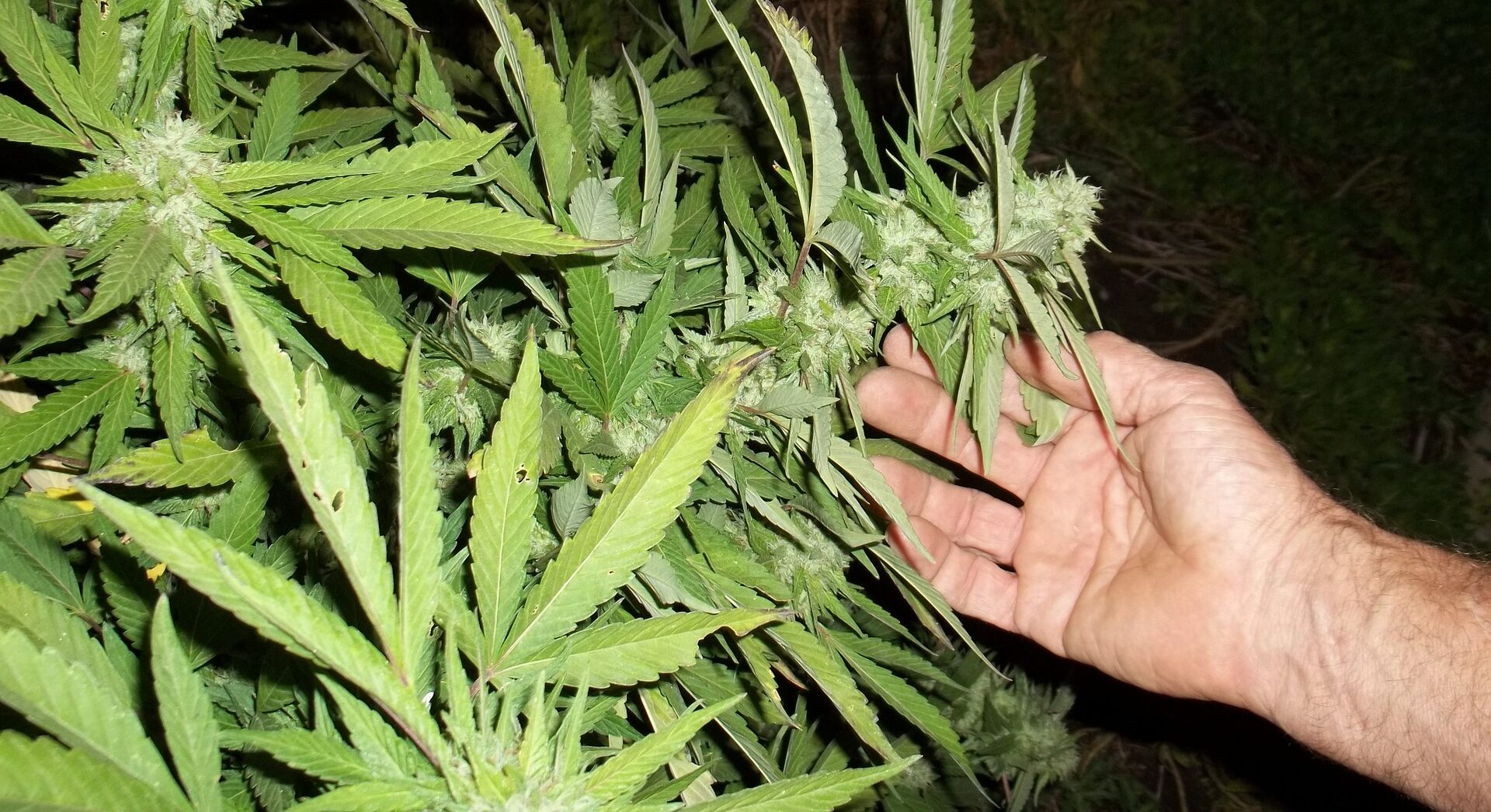
The industry analysts at Deloitte Canada have published an annual report on the Canadian cannabis industry. Posted February 1, 2022, the report is titled, “An industry makes its mark: the economic and social impact of Canada’s cannabis sector.”
The authors of the report wrote, “Canada’s cannabis industry is generating billions for the country’s economy and government coffers… In the span of three years, the Canadian cannabis sector has found its footing and emerged as a thriving new source of economic growth, creating and supporting tens of thousands of jobs in communities countrywide.”
The report is based on a study that uses an input-output methodology to estimate the economic contributions of the Canadian cannabis sector.
To read more about this report visit: Deloitte Canada
To download the full report in PDF visit: An industry makes its mark
Deloitte Report Discusses Retail Cannabis Pricing Dynamics

With the help of BDSA and Hifyre, the analysts at Deloitte Canada examined consumer sales data alongside Deloitte’s recent survey of cannabis consumer preferences. The goal? To better understand pricing dynamics in both the Canadian and American adult-use cannabis markets.
“We discovered some fundamental similarities between cannabis and consumer packaged goods (CPG) markets—and some key differences.”
This report, titled “Price. It’s Complicated,” gives a close look at how cannabis behaves like a typical CPG (consumer packaged goods) market and the dynamics at play when it doesn’t. The report outlines some recommendations for companies looking to stay competitive in the challenging environment of this young industry.
To read more about this report visit: Deloitte Canada
To download the full report in PDF visit: Price. It’s Complicated.
AirMed still 100% Canadian owned

As US corporations buy up seed-to-sale software companies in Canada, AirMed is still 100% Canadian owned.
AirMed was created in 2014 to help Canadian licensed producers meet compliance at all levels of government. Continuously innovating since then, we believe that building a culture of quality is an important part of our customers’ success. This commitment to quality is why a growing list of cultivators, nurseries, processors, manufacturers, and dispensaries use AirMed.
We rely on industry requirements and customer feedback to drive AirMed development, rather than investor pressure. We encourage our users to tell us what matters most to them in a cannabis management system. This feedback helps guide us in adapting AirMed to improve efficiency, productivity and user experience.
Our goal is to provide a responsive solution that not only meets customer needs but anticipates them, regardless of the size or focus of your cannabis business. That has been our driving force for nearly eight years.
Contact AirMed for a demo today to see what homegrown can do for you. Call us at (877) 313-2442 or use the contact form in the footer of this page.
For more information about AirMed, visit our About page or our Frequently Asked Questions page. If you’d like to have a conversation about AirMed, please give us a call at 1-877-313-2442 or use one of the contact forms to start the ball rolling.
Canadian Greenhouse Conference 2021: Oct 6-7 Online

As Canada’s foremost event for commercial greenhouse flower, vegetable, cannabis, berry and nursery growers, the Canadian Greenhouse Conference is the ultimate connection point for growers, suppliers and research partners.
The 2021 Canadian Greenhouse Conference will offer a comprehensive on-line experience.
Speakers from across Canada and around the world bring expertise to our forum with live sessions, supplementary resources, and New Product Displays.
Sessions will be recorded and available on the virtual conference platform for 90 days. A full-access registration will be required to log on to the platform after October 7. Registration will remain open until January 6, 2022 and you may upgrade your basic registration at any time.
For more information visit: https://www.canadiangreenhouseconference.com/
Market Researcher Says Canadian Cannabis Industry Exceeded $2.6 billion in 2020
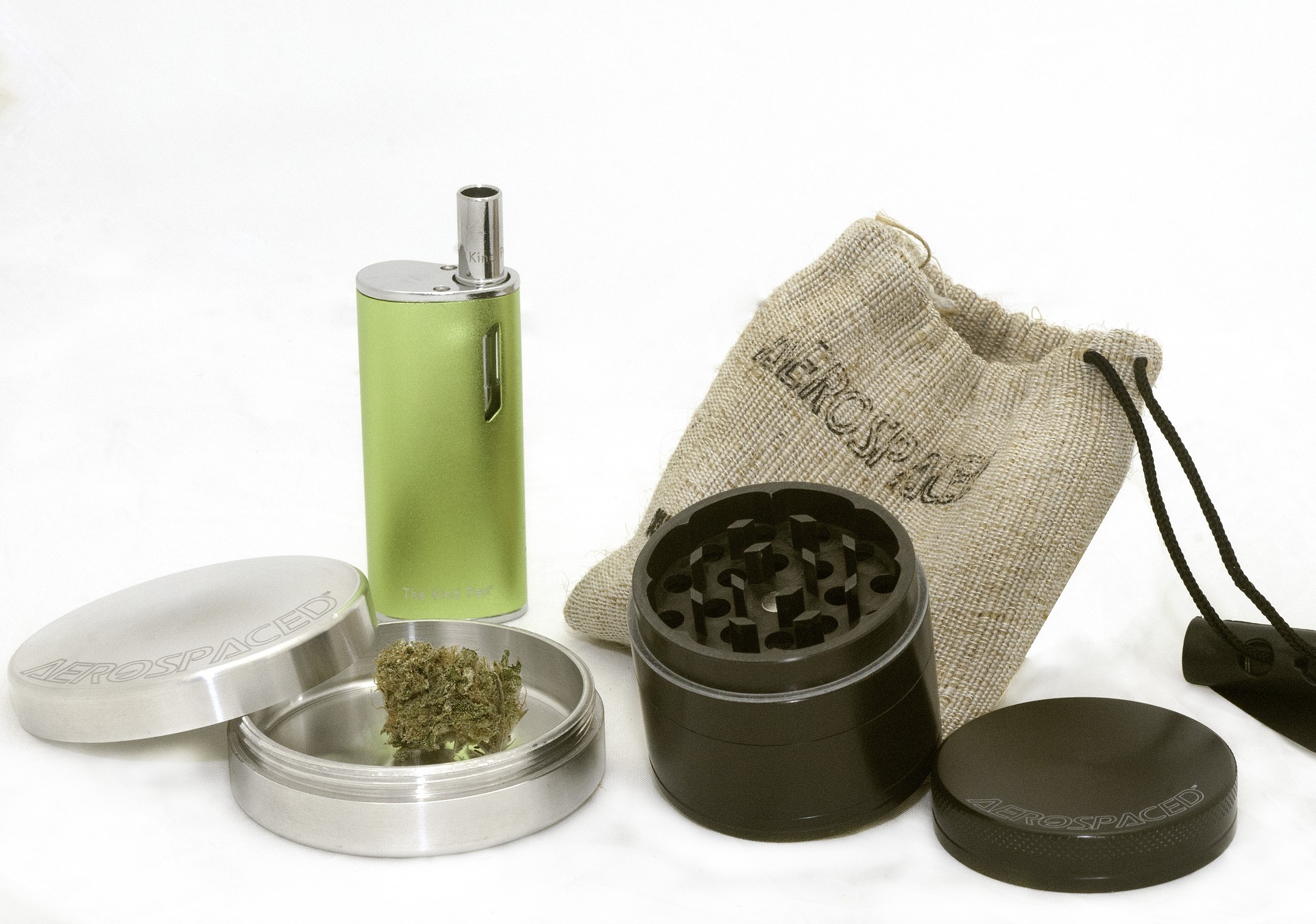
According to BDSA, a market research firm specializing in the cannabis industry, global cannabis sales exceeded $21 billion in 2020. Based in Boulder, Colorado in the United States, BDSA made this announcement on March 5, 2021 in a blog post highlighting statistics from a market forecast.
The post noted, “Legal cannabis sales in Canada totaled an estimated $2.6 billion in 2020 and are forecast to grow to nearly $6.4 billion in 2026, a CAGR of 16%… During the year, BDSA Retail Sales Tracking data in Alberta and British Columbia showed rapid growth in shares of new Cannabis 2.0 product categories.”
The market research company also made predictions for the market into 2026. “Global cannabis sales reached nearly $21.3 billion in 2020, an increase of 48% over 2019 sales of $14.4 billion. BDSA forecasts global cannabis sales will grow from $21.3 billion in 2020 to $55.9 billion in 2026, a compound annual growth rate (CAGR) of more than 17%. This growth is expected to be steady, roughly $6 billion annually.”
For more information visit:
https://blog.bdsa.com/cannabis-sales-in-2020
Cannabis Helps Canadian Agriculture Industry in 2020

According to the newspaper Moosejaw Today, Statistic Canada reported farm cash receipts of $16.7 billion increased 5.2 per cent in 2020 over 2019.
The newspaper article, published September 13, 2020, stated, “Without a 62 per cent increase — $685 million — in cannabis sales, farm cash receipts would have increased a mere .8 per cent… Led by surging cannabis sales, farm cash receipts in the first half of the year bucked the general decline caused by the coronavirus.”
To read the original article, visit: https://www.moosejawtoday.com/local-news/cannabis-steers-healthy-increase-in-agriculture-income-2706446
Why you need seed-to-sale software for your cannabis business
 Introduction
Introduction
Seed-to-sale software tracks plant production from reproduction through growth, harvesting, drying, packaging, sales and distribution. Health Canada mandates record keeping for every part of the process, and Canadian seed-to-sale software applications focus on compliance built on Health Canada’s regulations.
Record keeping is an essential part of Health Canada’s compliance regulations. From the advent of legal medical marijuana in Canada, legal producers of cannabis have been required to track every seed, rooted plant, gram of waste material, final dried product, as well as interactions with customers. Due to the sheer volume of information, an electronic record-keeping system is the only practical way to manage the process. The software industry has responded to this need by creating seed-to-sale management software systems designed to help producers track their operations and report to Health Canada to meet compliance.
As a Health Canada applicant, you must specify the name of the software system you plan to use for record keeping and provide a summary of how the software program meets Health Canada’s requirements. As a result, you will need to make at least preliminary decisions into seed-to-sale management software early on in your application process.
This might seem like one more challenge along your path to becoming a licensed producer, but in reality, seed-to-sale software is designed to help you be successful.
Seed-to-sale software platforms should provide the electronic record keeping required to not only for you to meet compliance, but also to help you be successful in your business. From greenhouse to warehouse to customer, your software system should help you at every stage of your operation. Functionality for genetics tracking, inventory management, quality control, shipping & receiving, point-of-sale ecommerce, compliance auditing & reporting, and customer relationship management can provide you with full business administration.
Licensing
To do business in the cannabis industry in Canada, you must meet Canada’s licensing requirements. Currently there are several types of licenses for those wishing to carry out cannabis-related business in Canada.
- Standard Cultivation
- Micro-cultivation
- Nursery
- Standard Processing
- Micro-processing
- Sale
- Analytical Testing
- Research
Regardless of which class of license you get, you will be responsible for complying with all the regulations that apply from the various levels of government.
The Laws
The Cannabis Act
Formerly called the ACMPR, this act covers all aspects of cannabis in Canada from growing through processing to selling and more. It is the responsibility of the licensee/applicant to understand and meet all the requirements that apply to their business.
Other Federal Acts and Regulations
As a licensee or applicant, you are responsible for complying with requirements of other Canadian acts and regulations such as the Food and Drugs Act (FDA), the Pest Control Products Act, the Fertilizer Act, among others.
The Canada Revenue Agency
You’ll also need to meet requirements of the Canada Revenue Agency depending on which activities will be conducted with cannabis.
Provincial or Territorial Legislation
As a licensee or applicant, you’ll be responsible for complying with all applicable provincial or territorial laws and regulations (environmental laws, for example).
Municipal By-Laws
As well, you’ll need to deal with municipal by-laws such as zoning and building permits.
How can seed-to-sale software help?
From the advent of legal medical marijuana in Canada, legal producers of cannabis have been required to track every seed, plant, gram of waste material, final product, and more. Due to the sheer volume of information, an electronic record-keeping system is the only practical way to manage the process.
The software industry has responded to this need by creating seed-to-sale management software designed to help businesses meet compliance. Seed-to-sale software tracks growth, harvesting, processing, packaging, sales and distribution.
And some seed-to-sale software systems go beyond compliance to help businesses cultivate success with features and functionality to help fine-tune propagation, growth cycles, harvesting, production, derivatives, inventory, staffing, and product sales. AirMed is one of those. Wherever your business fits in the seed-to-sale supply chain, AirMed can help with both legal compliance and business acumen. For a free demo, call 877-313-2442, email info @ airmed.ca or fill out the form on our contact page.
For information on cannabis licensing in Canada visit: Cannabis Licensing Application Guide
For more information on purchasing seed-to-sale software, fill out a form to download our complete buyer’s guide: Seed-to-sale Software Buyer’s Guide
Legalization of Cannabis in Canada

As of October 17, 2018, cannabis is legal in Canada for both recreational and medical use. If you want to know exactly what that means for you, there are plenty of articles available online to help you. Following are a few from Canada and around the world:
CBC News: Cannabis is legal in Canada — here’s what you need to know
CNN: Canada just legalized recreational pot. Here’s what you need to know
Pot 101: Everything you need to know about marijuana legalization
New York Times: Canada is Legalizing Marijuana. Here Are Some Questions, Answered.
Prohibition 2.0 Begins October 17, 2018
What is seed-to-sale software and why do I need it?

Seed-to-sale software tracks plant production from reproduction through growth, harvesting, drying, packaging, sales and distribution. Health Canada mandates record keeping for every part of the process, and Canadian seed-to-sale software applications focus on compliance built on Health Canada’s ACMP (Access to Cannabis for Medical Purposes) regulations.
Record keeping is an essential part of Health Canada’s compliance regulations. From the advent of legal medical marijuana in Canada, legal producers of cannabis have been required to track every seed, rooted plant, gram of waste material, final dried product, as well as interactions with customers. Due to the sheer volume of information, an electronic record-keeping system is the only practical way to manage the process. The software industry has responded to this need by creating seed-to-sale management software systems designed to help producers track their operations and report to Health Canada to meet compliance.
As a Health Canada applicant, you must specify the name of the software system you plan to use for record keeping and provide a summary of how the software program meets Health Canada’s requirements. As a result, you will need to make at least preliminary decisions into seed-to-sale management software early on in your application process.
This might seem like one more challenge along your path to becoming a licensed producer, but in reality, seed-to-sale software is designed to help you be successful.
Seed-to-sale software platforms should provide the electronic record keeping required to not only for you to meet compliance, but also to help you be successful in your business. From greenhouse to warehouse to customer, your software system should help you at every stage of your operation. Functionality for genetics tracking, inventory management, quality control, shipping & receiving, point-of-sale ecommerce, compliance auditing & reporting, and customer relationship management can provide you with full business administration.
What is ACMPR and how does it affect me?
What does ACMPR cover?
For the cannabis industry in Canada, the most critical compliance implications are those covered by the Access to Cannabis for Medical Purposes Regulations. This legislation covers every aspect of marijuana production and sale. Overseen by Health Canada, these regulations must be adhered to at every stage of cannabis business from propagation through to sale. As of August 24, 2016, the Access to Cannabis for Medical Purposes Regulations (ACMPR) replaced the previous Marihuana for Medical Purposes Regulations (MMPR).
ACMPR is designed to provide an immediate solution for Canada to meet legal requirements. But Health Canada is continuously evaluating how a system of medical access to cannabis should function alongside the government’s commitment to legalize, strictly regulate and restrict access to cannabis. As a result, laws and regulations may change.
Currently, the legislation contains four parts.
Part 1 sets out a framework for commercial production by licensed producers responsible for the production and distribution of quality-controlled fresh or dried marijuana or cannabis oil or starting materials (i.e., seeds and plants) in secure and sanitary conditions.
Part 2 sets out provisions for individuals to produce a limited amount of cannabis for their own medical purposes or to designate someone to produce it for them.
Parts 3 and 4 include transitional provisions, consequential amendments to other regulations, and provisions repealing the MMPR.
All those wishing to produce cannabis in Canada must apply to Health Canada to become a licensed producer under the ACMPR legislation, and all licensed producers MUST comply with the ACMPR regulations.
What are the specific ACMPR regulations that affect software and record keeping?
The ACMPR has many regulations that apply to the medical marijuana industry in Canada as a whole. Not all of those have implications for record keeping or to the method (software) used for that record keeping. (For links to the different websites that cover ACMP see More Information at the end of this document.)
How do I meet ACMPR compliance?
To be ACMPR compliant, your organization must have ways of meeting all of the regulations listed above.
Many of the regulations listed above apply to processes, so you’ll need to be utilizing best practices and documented standard operating procedures. You’ll also need to be able to prove to Health Canada that you have used best practices. That’s where seed-to-sale software comes in. Your cannabis business management software should provide you with the means to meet compliance when it comes to record keeping and reporting.
To support you in this process, a viable software vendor will supply you with a document that outlines exactly how the system they provide meets those requirements.
For more information on seed-to-sale software, download our buyer’s guide, which answers to the following questions.
What does seed-to-sale software cost?
How do I choose one software platform over another?
What should I be looking for in the software?
How does the software fit into my business?
How is my data stored and secured?
What happens if regulations change?
Download the buyer’s guide here: How to purchase seed-to-sale software
For a free demo to learn how AirMed meets these and other regulations, please call 1-877-313-2442, use clikc the Request Demo button or email info@airmed.ca.

